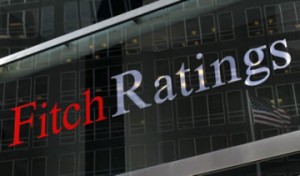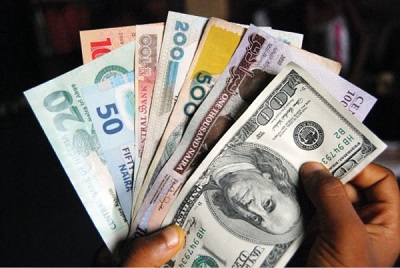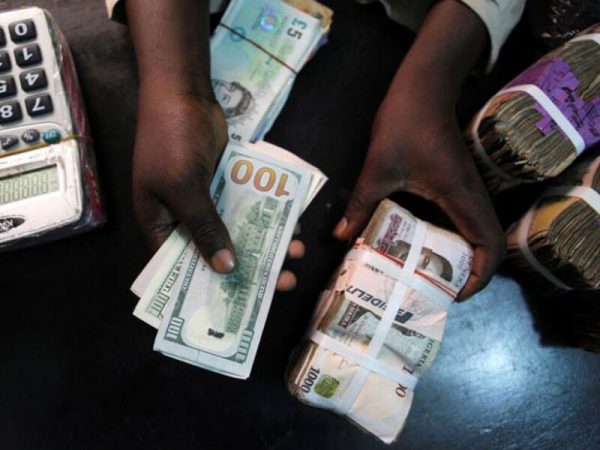Fitch downgrades FirstBank, GTB, Zenith, Diamond to negative
 Global rating agency, Fitch Ratings, has downgraded the rating of four Nigerian banks from “stable” to “negative”
Global rating agency, Fitch Ratings, has downgraded the rating of four Nigerian banks from “stable” to “negative”
The banks are First Bank of Nigeria Limited, Guaranty Trust Bank Plc, Zenith Bank Plc and Diamond Bank Plc.
The lender also said it had affirmed the Long-Term Issuer Default Ratings of 10 financial institutions in Nigeria.
In a statement issued from its London office on Wednesday, the rating agency said, “Fitch Ratings has revised the outlook on four Nigerian banks to negative from stable and affirmed the Long-Term Issuer Default Ratings of 10 banks and financial institutions.
“The Issuer Default Ratings Outlooks on Zenith and GTB (both at B+) have been revised to Negative following a recent similar action on Nigeria’s (B+) Outlook.”
“”The other two banks, whose Outlooks have been revised to Negative, are Diamond and FBN/FBNH and the revision reflects their weaker financial profiles. We have downgraded the Long-and Short-Term National Ratings of FBN/FBNH and Diamond to ‘BB+(nga)’ and ‘B(nga)’ respectively to reflect heightened vulnerability of capital due to downside asset quality risks.”
According to Fitch, the affected institutions whose IDR’s were affirmed are: United Bank for Africa Plc Access Bank Plc, Fidelity Bank Plc, Union Bank Plc, First City Monument Bank Limited, Wema Bank Plc. The National Ratings of Stanbic IBTC Bank Plc, as well as its bank holding company, Stanbic IBTC Holdings Plc are also affirmed.
Fitch said the IDRs of all the banks except Stanbic IBTC were driven by Fitch’s assessment of their standalone creditworthiness as captured in their Viability Ratings.
The IDRs are all in the ‘B’ range, indicating highly speculative fundamental credit quality, and factor in the banks’ weakened credit profiles due to challenging macro-economic conditions and market volatility.
The statement read, “The operating environment continues to be affected by the oil price shock, slow GDP growth, continuing pressure on the naira, scarcity of hard currency in the FX interbank market and policy uncertainty.
“The VRs continue to be pressured by tight foreign currency liquidity, asset quality deterioration and limited capital buffers. The sector remains largely profitable, but operating profits in 2016 were inflated by foreign currency revaluation gains (due to the sharp depreciation of the naira in June 2016).








